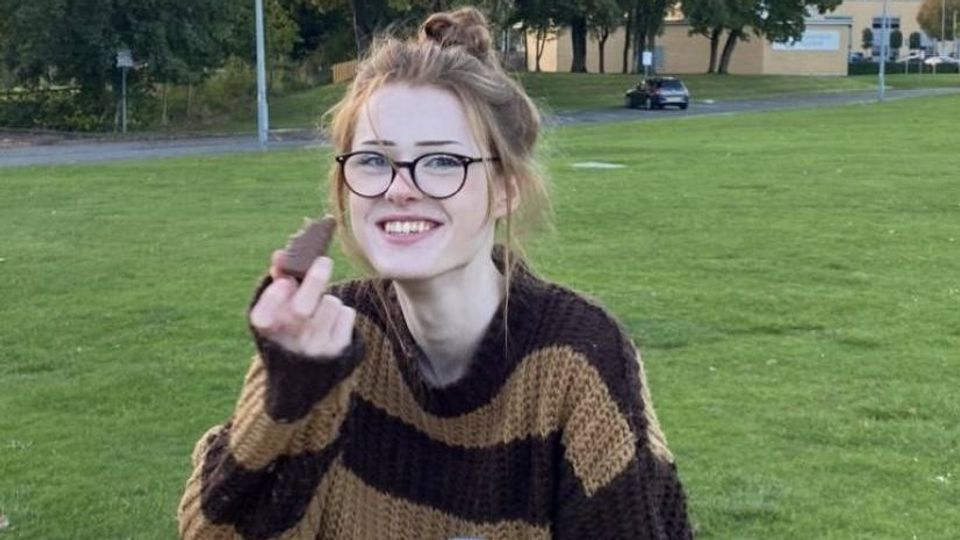Why the teenagers who murdered Brianna Ghey should have remained anonymous

Brianna Ghey
13 February 2024
Writing in The Conversation, Dr Kathy Hampson, Senior Lecturer in Criminology and youth justice expert, along with fellow Criminology academics Dr Sean Creaney from Edge Hill University and Professor Stephen Case from Loughborough University, argue that it was not in the best interests of society for the identities of the teenagers who murdered Brianna Ghey to have been made public:
The two teenagers convicted of the horrific murder of Brianna Ghey have received life sentences. The judge, Justice Yip, also made the decision to lift their anonymity, which is automatically applied to all children (defined as those under 18) involved in criminal proceedings.
Their anonymity was lifted in the name of “open justice”, and “public interest”.
The public might well have a short-term interest in the identities of Brianna Ghey’s murderers. But “public interest” rather refers to what is in the best interests of society. As experts in criminology and youth justice, we argue that it is not in the long-term public good or the best interests of society for their identities to be revealed.
Public interest or public outrage?
Justice Yip commented that the public would want to know the perpetrators’ names “to understand how children could do something so dreadful”. But naming children who have committed serious crimes will not necessarily improve understandings of serious youth violence.
Rather, it can harden misconceptions that children who commit crimes do so because of innate evil. It can raise long-discredited theories of criminal “types”, due to stereotyping and the over-simplification of complex situations.
Naming may also encourage vigilantism against the offenders or their families. It might potentially spawn further retaliatory criminal behaviour, motivated by vicarious hate and desire for retribution. Further crime is not in society’s best interest.
In 2009, two boys attacked and severely injured two other children in Edlington, South Yorkshire. They were given lifelong anonymity on the grounds they would be “at serious risk of attack” if identified.
The well-documented murder of James Bulger by Jon Venables and Robert Thompson shows the other side of this coin. Their identities were revealed after conviction, but the ensuing violent threats the have received have led them to be granted new identities, at significant public cost.
The issue is not the seriousness of the offence, which, in these cases and that of Brianna was undeniably horrific, but the possibility of long-term harm to the perpetrators and their families.
And a balance needs to be struck between their right to life and the right for children to have their best interests made paramount, even in criminal proceedings and even after committing horrific crimes.
In 2015, a boy known as “RXG” became, at 14, the youngest person in the UK convicted of terrorist charges. In 2019 he was granted lifelong anonymity on approaching 18 by the High Court. This order was not made because of concerns over imminent attack, but because identification was likely to have a “profound impact on his psychological wellbeing”.
The lifting of anonymity can also lead to risk for the families of the perpetrators. Justice Yip acknowledged that harassment and threats against the families of Brianna Ghey’s murderers had already begun.
Furthermore, Brianna’s father did not want the perpetrators’ names to be released. Instead, he wants his daughter to be remembered. He expressed concern that the release of the perpetrators’ names would always link them with his daughter.
Rehabilitation
Ultimately, a significant purpose in sentencing children is to rehabilitate them. This comes with the understanding that children are in a process of development, with potential for change and growth.
However, the chances of effective rehabilitation are greatly reduced for these two children now their identities are known, not least due to sensationalist reporting and a digital footprint which remains for life.
The discussion here should instead focus on what is really in the public interest. Surely, this is the reduction of future offending by effective rehabilitation, avoiding the need for expensive identity-change arrangements – and keeping proper focus on the victim without forever shackling their name to the names of those who have harmed them.
Brianna Ghey’s murderers may, at some point in the future, be deemed safe for release. But unless their identities are changed, successful reintegration back into society would be highly doubtful, despite this being vital for a non-offending future. Naming them will damage their likelihood of future safe release, both in terms of protecting the perpetrators and protecting society. No one benefits.![]()
This article is republished from The Conversation under a Creative Commons license. Read the original article.



